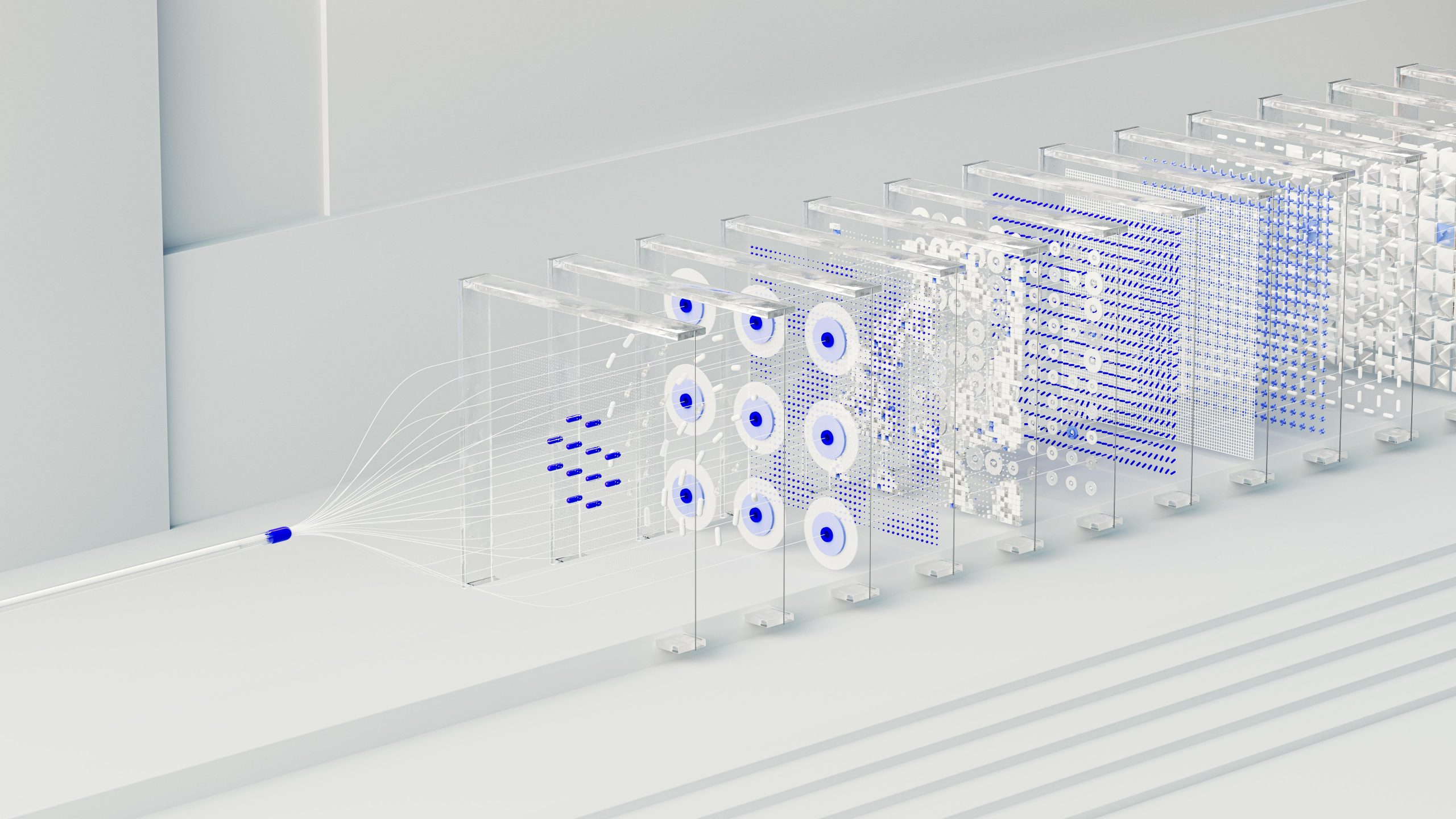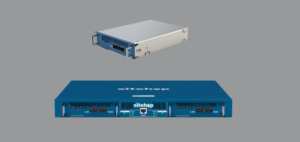
Securing Data and Transitioning to Post-Quantum Cryptography with Sitehop
Data Communications is big business, with the global networking market projected to reach $581 billion by 2027 (compounded annual growth rate). This is just one of the reasons why Amadeus invested in Sitehop, a technology company creating innovative solutions to secure this data.
During a recent Investor Day event, we were joined by Sitehop co-founder and CEO, Melissa Chambers. She discussed how the company is addressing known gaps in core-network security with its SAFE Series of products. You can watch the full fireside chat at the bottom of this page.

Not only is the team at Sitehop addressing current vulnerabilities in core-network security, they’re also looking to the near future. One area of concern for governments and enterprises globally is post-quantum cryptography (PQC), where current encryption standards soon might not be secure. Continue reading for more on this.
The post-quantum world
Governments worldwide are preparing for a post-quantum world, with a keen eye on creating quantum-safe cryptography. It’s essential to address it now due to the inherent properties of quantum computers and how they work. Rather than processing information in binary form like today’s digital “classical” computers, they use properties of quantum mechanics to compute and solve problems in a different way, particularly complex math problems upon which current cryptography relies heavily.
Nearly all internet communications today is based on public-key cryptography (PKC). The principal functions of this are:
- “Key agreement” is used to establish a shared cryptographic key for secure communication
- “Digital signatures” are used as proof-of-identity to establish trust on a network
PKC relies on the limitations of current classical computers and their ability to solve mathematical problems. Currently, data which is encrypted using this method provides long-term security due to the way that classical computers process information. These problems are too complex to solve in a useful timeframe for any bad actor to make use of the data using a classical computer. However, soon that won’t apply when quantum computers are available.
Record-now, decrypt-later
While current data breaches secured using PKC are all but impossible for bad actors to decrypt and use, there’s still a significant threat present. A White House Report called for federal agencies to start migrating to PQC now due to the “record-now, decrypt-later” threat.
Encrypted data can be gathered now and stored for decryption at a later date using a quantum computer. While many argue that fully operational quantum computers are still years away, the need to secure data now is stressed in the report. It won’t be cheap either, with current estimates being in the region of $7.1 billion for US federal agencies alone. The cost of not securing it now? Much more.
Securing data today
Melissa explains in the fireside chat below that there are vulnerabilities in data transferred across global networks today. Referring to this as the “dirty little secret” that most of these networks simply aren’t encrypted at all due to the latency and performance drop it would cause. That is why Sitehop has developed hardware-enforced high speed and low latency encryption.

This solution reduces the risk of bad actors acquiring the data, as they would need to access the systems inside data centres directly to acquire it.
Transitioning to PQC
While governments and enterprises globally prepare for a post-quantum world, the need to secure data now is the biggest concern. Data powers most of our day to day lives and that’s not overstating it. Everything from healthcare to infrastructure and logistics is powered by these networks so securing them is paramount to our future.
As well as securing network traffic today, Sitehop will be offering the option of Post Quantum Cryptography to provide a robust solution that is “Quantum Safe” such that any data stolen cannot be decrypted even when Quantum Computers are available in the future.
Watch the full fireside chat below to find out more about Sitehop.